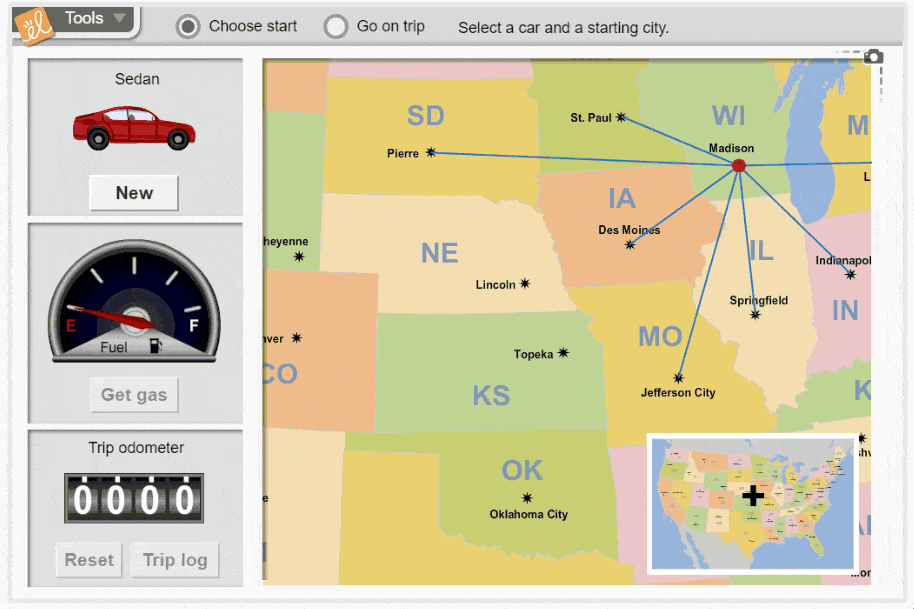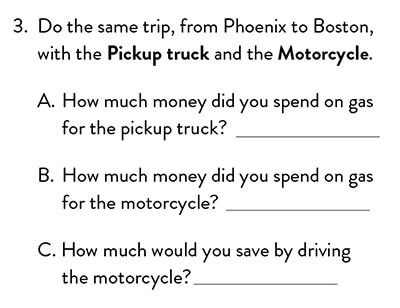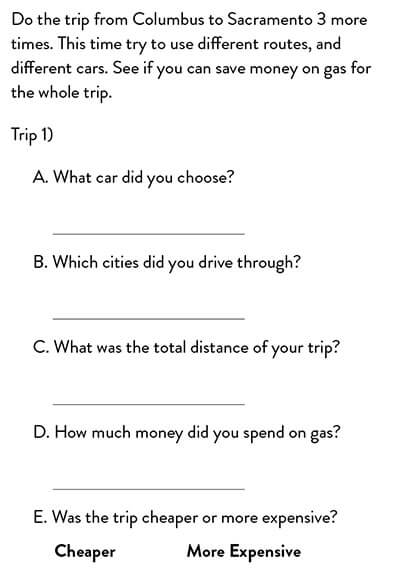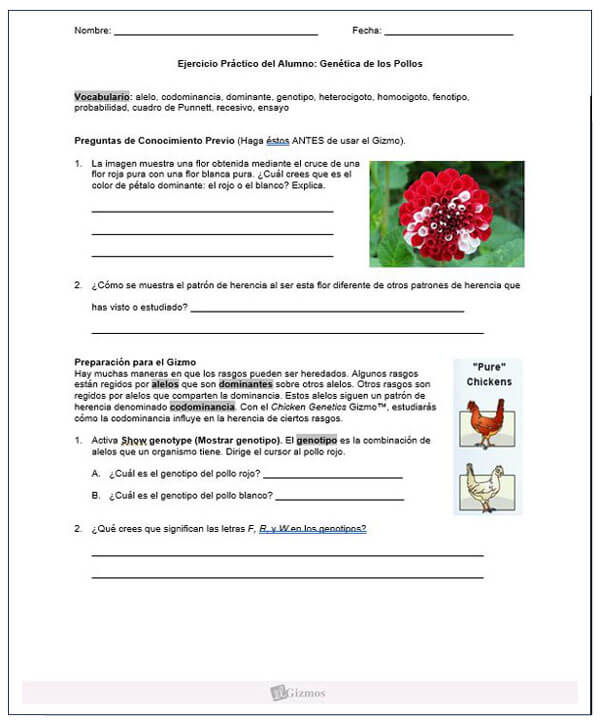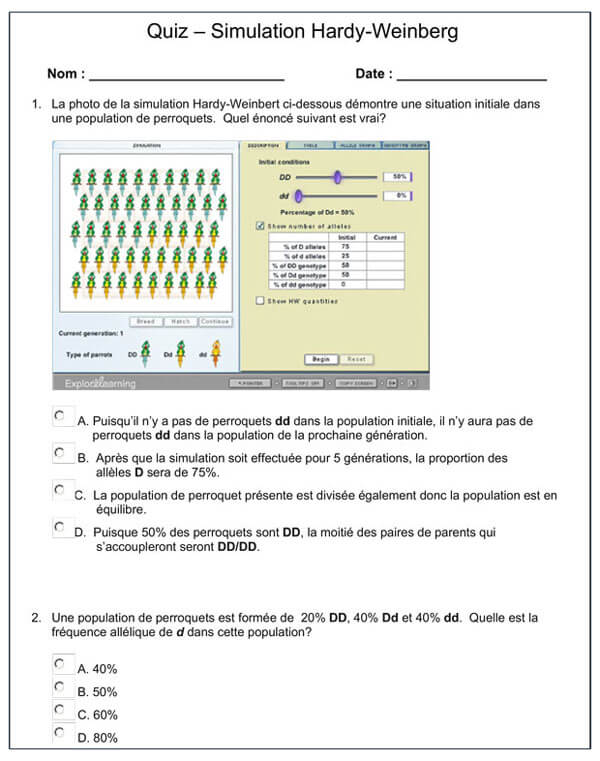Differentiate Instruction With Interactive Math and Science Simulations

In educating their students, teachers must consider three elements: content (what the students will learn), process (how they will learn it), and output (how we will know—and how they will demonstrate—what they’ve learned).
In differentiated instruction, these elements are not the same for every student. According to author and educator Carol Ann Tomlinson, “a differentiated classroom provides different avenues to acquiring content, to processing or making sense of ideas, and to developing products so that each student can learn effectively.” By planning lessons and using tools that provide a variety of ways to understand and explain concepts, differentiated instruction provides appropriately challenging—and rewarding—learning experiences for every student in a classroom. But between lack of tools, lack of time, and lack of support, differentiating instruction can be difficult.
Whether students just need more time to practice and process what they’re learning, or are speeding through your lesson plans, ExploreLearning Gizmos make differentiation easier. Gizmos are interactive online simulations and case studies for math and science that power inquiry and understanding through hands-on learning and experimentation.
As a starting point, Gizmos can be used to informally assess all types of students’ understanding and mastery of math and science by using Gizmos and the lesson plans provided and seeing how well and how quickly a student completes the assignments and shows understanding of the concept.
As a teaching tool, Gizmos can be modified in a variety of ways to provide differentiated education for many student groups.
For Special Education Students
“Gizmos provide clear visualization of abstract concepts and are especially helpful for students with processing deficits who struggle with text.”
–Special Education Teacher, FL
Hundreds of special education classrooms have successfully implemented Gizmos to help special education students learn math and science through modified lessons.
A middle school math teacher from Ohio created a modified lesson for the Road Trip Gizmo. He describes it as, “easy to use for a moderate to intensive special education class Grades 6-8.”
The modified lesson begins by providing guided practice to help students learn how to use the Gizmos. Then students use the modified Activity C lesson to practice individually.
Below are examples of one question from the original lesson and a comparable question from the modified version.
As you can see, the modified lesson addresses the needs of special education students by providing:
- Extra practice
- Choice of vehicle to increase interest
- Extra guidance to come to conclusions
You can find more strategies on how to tailor Gizmos to the needs of special education students here.
For Gifted/Advanced Students
For many students, being gifted/advanced just feels like they’re being graded harder or given extra work to keep busy. But Gizmos can help your advanced learners feel challenged and engaged in a number of ways.
Leave Gizmos open-ended for self-directed activities. Many teachers use presets to save a configuration of a Gizmo so they can start it with specific variables already set. This can be helpful for keeping a class “on track,” but why not let students explore the Gizmo fully? This way, they’re opened up to coming up with more hypotheses, experimentation, and fun.
Pair complementary Gizmos. If your students powered through Coral Reefs 1, it can be simple enough as getting them started on Coral Reefs 2. Or, if your students really seemed to love Rabbit Population By Season, let them check out Estimating Population Size or other Population Gizmos. You can really have fun with it—maybe pair Human Homeostasis with Distance-Time Graphs for a running-themed module.
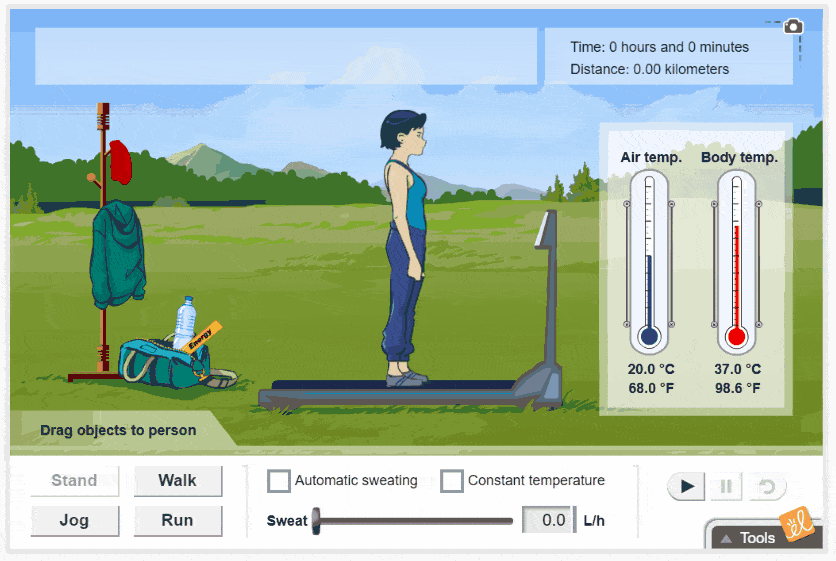
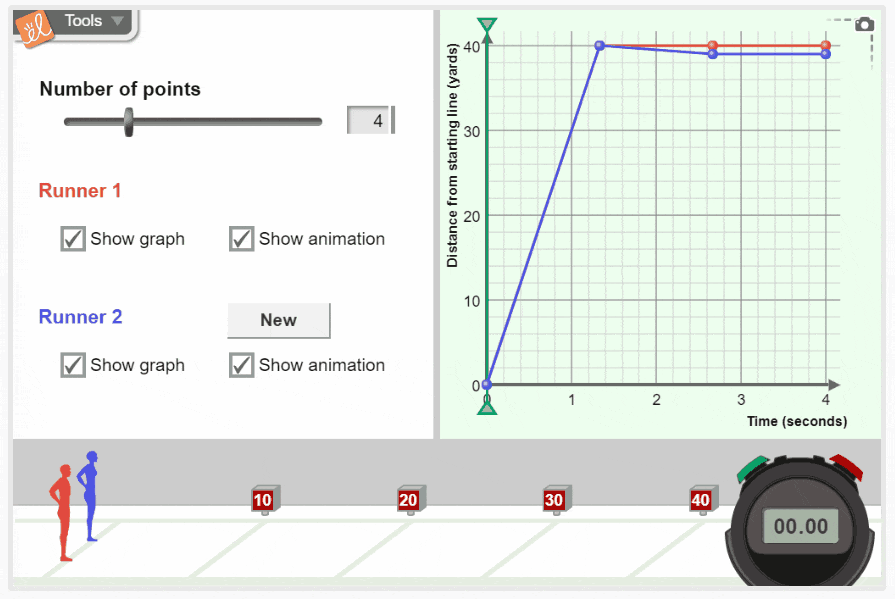
More/deeper questions. Just as lesson materials can be modified for special education students, they can be modified for your advanced kids as well.
Collaborative learning. With Gizmos, students can do entire experiments on their own, or work as a group to hypothesize, experiment, discuss, and communicate their findings. Collaborative work gives advanced students a chance to challenge themselves to communicate, think, and work collectively toward a goal.
Independent/advanced study. Set your advanced kids loose on a topic or concept—and Gizmos—and see what they can do.
For English Language Learners (ELL) Students
With detailed graphics, vocabulary sheets, and customizable student lessons and activities, Gizmos can help address the challenges that English Language Learners face. Gizmos’ rich visuals and virtual models support student understanding, while Gizmos themselves allow for multiple modes of representation (discussion, pictures, graphs, writing, etc.). In addition, lesson materials for many Gizmos are available in Spanish and/or French.
Explore more strategies for using Gizmos with English Language Learners.
Creating Your Own Lessons
To create your own versions of the Gizmo Lesson Materials to meet the needs of your students, download the Word version of the Student Exploration Sheet. There are several activities within each set of Student Exploration Sheets. Pick those that address the objective and standards being taught.
Once complete, you can print the modified activity, or upload it for your student to access on your school’s LMS.
No matter what your students’ abilities, with Gizmos and your help they can be mathematicians and scientists.
